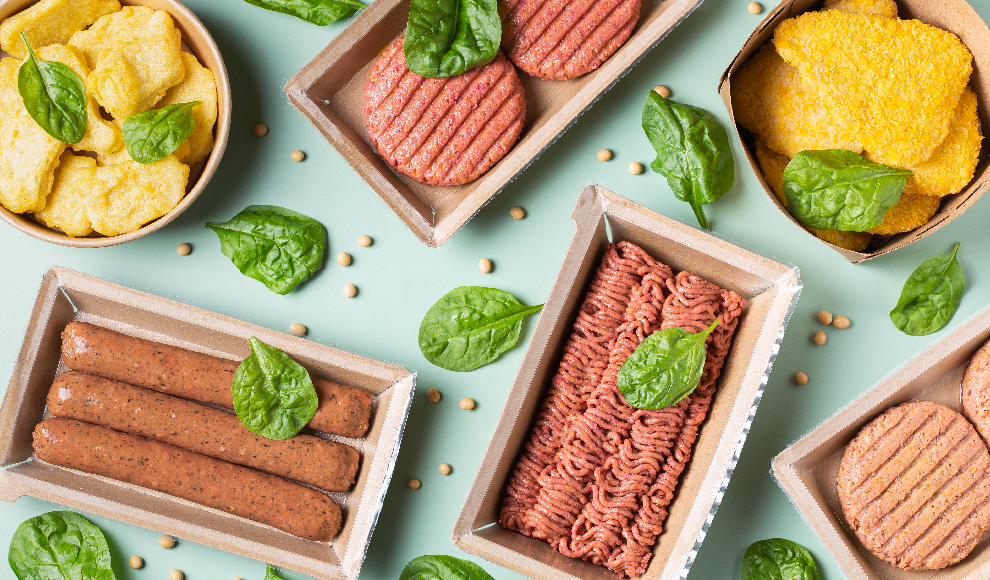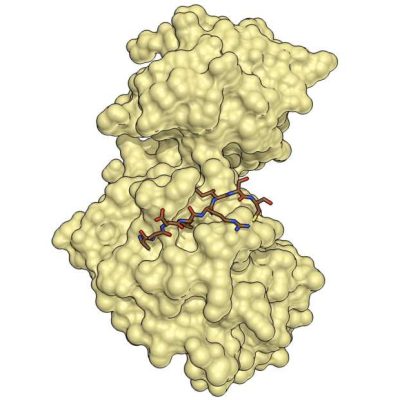A new microgel has been developed that makes plant-based meat juicier when chewed. Researchers hope that this will increase consumer acceptance and reduce problematic meat consumption. According to data from the Federal Agency for Agriculture and Nutrition (BLE), meat consumption in Germany has significantly decreased again. However, plant-based alternatives and vegan grilling are on the rise. According to surveys, the biggest obstacle to the acceptance of plant-based meat alternatives is the comparatively dry mouthfeel. Researchers at the University of Leeds, led by Anwesha Sarkar, have now developed a method that improves the texture of plant proteins when chewed, turning previously sticky and dry products into juicy meat alternatives.
The researchers developed water-based microgels that alter the texture of plant-based meat, which can be made without the addition of chemicals or other substances. The main ingredient is water. To make plant-based meat juicier, dry plant proteins with their rough surface are soaked in water and heated. This process changes the structure of the protein molecules, which connect to form a networked gel and bind water around the plant proteins. The gel is then homogenized, breaking the protein grid into thousands of small particles. Under pressure, such as when chewed, these microgels release water, increasing the slipperiness and making the plant-based meat feel juicier in the mouth.
The scientists hope that the juicier plant-based proteins will increase consumer interest and help reduce meat consumption, which according to a study by consulting firm PwC Strategy& is endangering global food supplies. The development of this microgel could be a significant step towards a more sustainable and ethical food industry.










